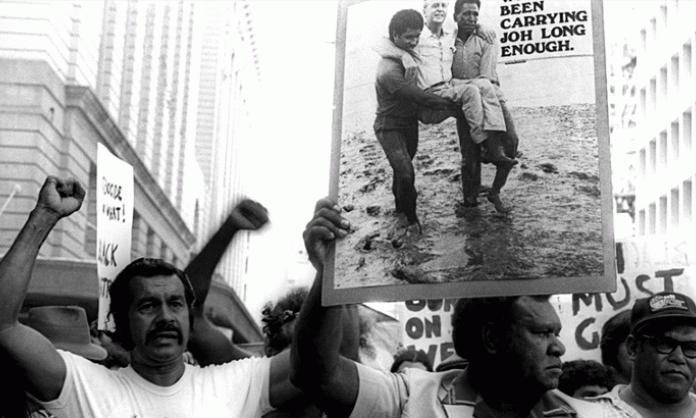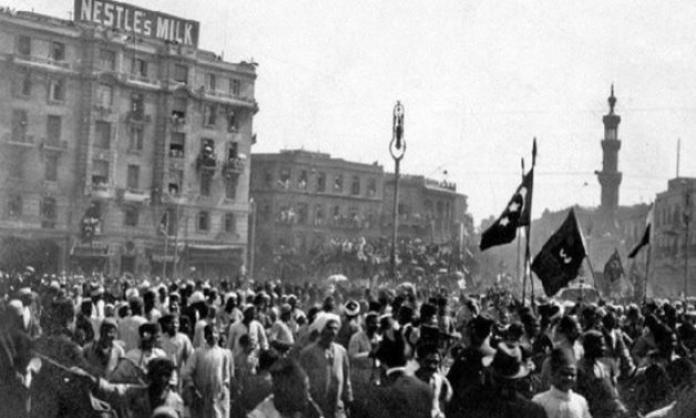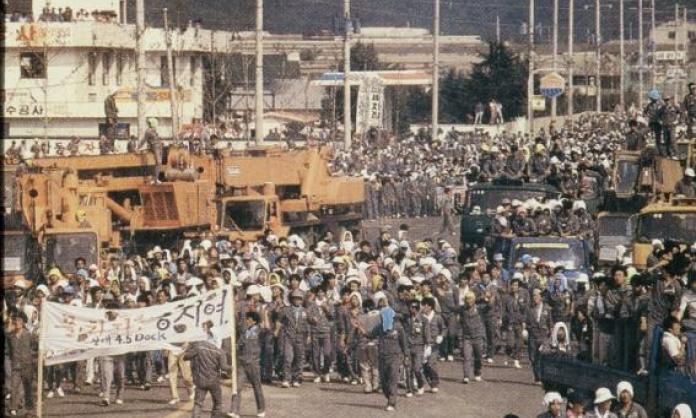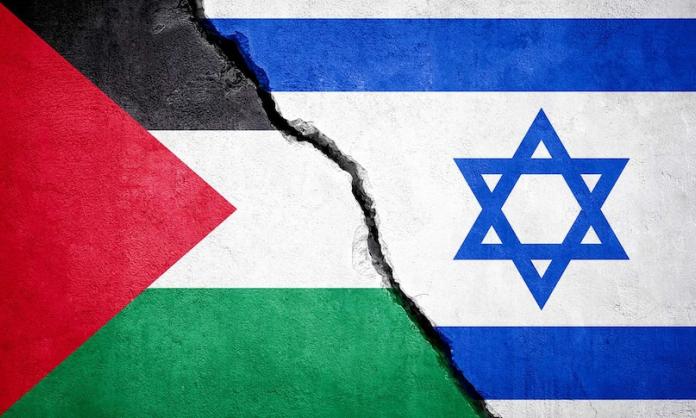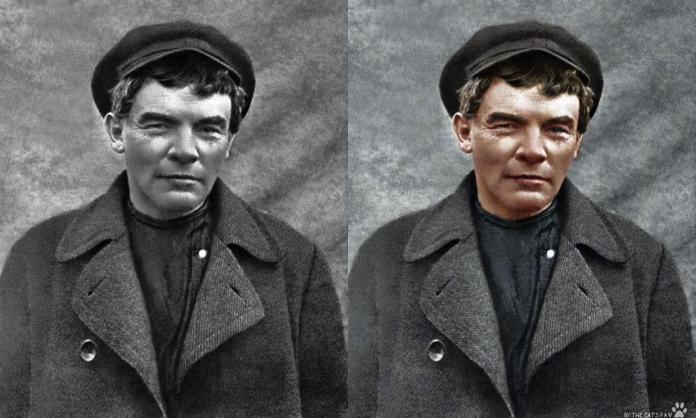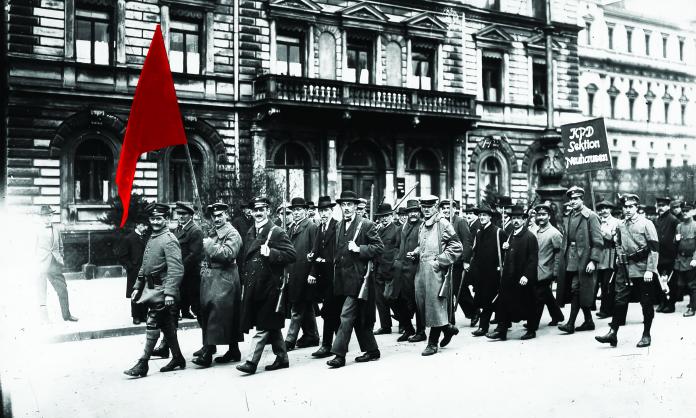The Queensland Liberal National government’s attacks on civil liberties and increases to police powers are prompting many to make comparisons with Joh Bjelke-Petersen’s reactionary rule from 1968 to 1987. Sandra Bloodworth was an activist under Petersen’s government.
I attended my first small protest against uranium mining in August 1977. I was shocked that we couldn’t walk along the footpath holding placards without risking arrest. My illusions in democracy were to take a battering over the next 15 months in Joh Bjelke-Petersen’s Queensland.
On 3 September Joh announced that the political street march was “a thing of the past”. On 7 September a union rally of 6,000 in defence of Ted Zaphir, threatened with criminal charges for doing his job as a union organiser, faced 10,000 cops mobilised from around Queensland. Four hundred students were dispersed at the gates of the University of Queensland by 200 cops but walked on the footpath to the rally.
After that, every demo, of whatever size, was confronted with a sea of blue. Debates raged about whether to defy the ban and march. Student activists were being picked off anyway and dragged away to paddy wagons.
Then on 22 October, 3,500 anti-uranium protesters voted to march. The word “arrest” seemed so threatening. I was a timid, naive mother of two. But I marched and was one of the 418 who spent the night in the cells. It was the most inspiring experience I’d ever had, talking politics with socialists and experiencing solidarity.
Joh’s government created an atmosphere that encouraged the cops to treat activists as scum. You learnt both to recognise and ignore plain-clothes cops. At rallies they’d vote to march – then when lined up they’d arrest those next to them. If you gave them an excuse like swearing at them, you’d be in the paddy wagon. They called you by name so you knew they were watching whatever you did – even walking down the street with your kids. They’d sit in their cars outside houses where we met or where we held parties.
You had to learn to be prepared to end the day in police custody. Those not arrested would go to support those taken to the watch-house, where there were often more arrests. One day after being arrested I was refused a phone call at the watch-house to have my children collected from school. “If you were at home where you belong, you wouldn’t need one”, the cops told me.
That day a special branch detective grabbed me just as I was going home. He pushed me close to his body and, assuming I was Aboriginal (I was very dark from the sun) whispered in my ear, “We’ll get you, black bitch, black c---”. Aboriginal oppression was seared into my consciousness. One day the cops started touching the badges on my shirt, leering, threatening. Luckily they’d forgotten one of the men was still there. He made a fuss and they backed off.
There were about 2,000 arrests in two years. The state robbed us of about $2 million through forfeited bail and fines and wasted at least $14 million (in today’s currency) on police mobilisations.
That was life under Joh.




